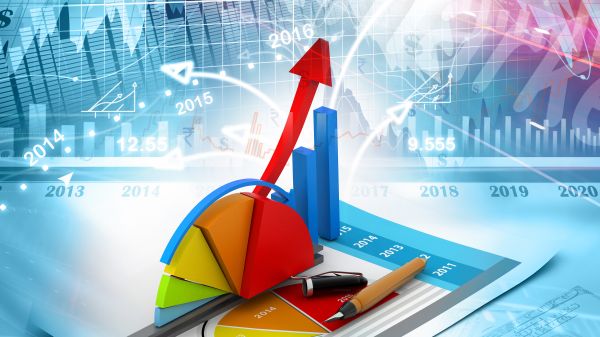The impact has mainly been a positive and a forming one. Because performance management systems are in the process of change now, we need to discuss about their future. With the help of technology and under the pressure of generational change, the evolution of these systems is part of the transforming landscape we see in the global and local business environment.
1. The "traditional" performance management system
In the most general way, without questioning the differences in each company, industry or sector level, the "traditional" performance management process starts from the setting of individual targets at the beginning of the fiscal year. The procedure is supported by technology and has various variations as methodology. The important aspect is that it closes with each employee who is included in the performance evaluation process having a set of measurable / tangible objectives and a set of soft / intangible objectives. The key moments of the process, as it unfolds, are then the mid-year and end-of-year assessments. Obviously, there are many industries that do not apply this model, but this is the one to be exemplified.
Why the ”traditional” system does not work anymore
- Numerous studies show that 75% of the time spent with the performance assessment process is dedicated to documenting the activities of the past 6 or 12 months.
- In the meetings organized for this process 78% of the time is allocated to the discussions about the employees and not with the employees. In 90% of the time, those involved discuss about past events and not future actions that would generate performance.
- The process is strongly affected by the "color" of the organizational culture and the level of assertiveness and trust between all parties involved, which is often quite low.
- The rating or "score" received at the end of the process does not lead to increased performance, but to frustration and disappointment, often affecting the collaborative relationships between managers and team members.
- This assessment system which always looks " in the rearview mirror" is inappropriate for generations Y and Z that demand immediate and constant feedback from all those with whom they interact with on tasks or projects.
- The performance assessment process is seen as an essential one by the middle and top management, especially for documenting promotion decisions, salary increases, bonuses for annual performance.
2. The "emerging" performance management system
Several global companies have announced over the past 2-3 years that they are giving up the "traditional" employee performance assessment system, including the ratings. Of these, most have argued that they do not want a system that manages employee performance, but one that generates it. The generative approach is more suited to the mentality of the generations that are now meeting in the labor market and to the way companies are turning to be part of the digital economy.
The main challenge is not to give real-time feedback or to document it in 2-3 sentences, but to find a new system / process (and new correlations) to substantiate the decisions on promotions and salary increases. Most companies do not even see a problem with the performance assessment system, although many studies show that employee engagement levels drop to 37% in the weeks after the year-end ratings are communicated, resulting in significant losses for the company by decreasing productivity.
Why the ”emerging” system does work
- It has many micro-moments of formal and informal assessment of employee performance and it is based on a culture of trust, integrity, assertive communication and coaching as an essential transfer of know-how.
- It is a performance-oriented system that focuses on the future and on what can be improved by each party involved in the process.
- It starts and relies heavily on self-management and self-leadership, especially through each employee taking the responsibility for his / her own development and career. This system gives almost equal attention to the individual and the team.
- It works as a system integrated with the company's values, mission, aspirations and purpose; not those at the declarative level, but those that are lived every day by all the team members.
- It is based on the concept known as growth mindset, which starts from the belief that there are no high-fliers and other employees. On the contrary, it holds that all team members have a valuable potential that can be turned into value for themselves and for the company.


































